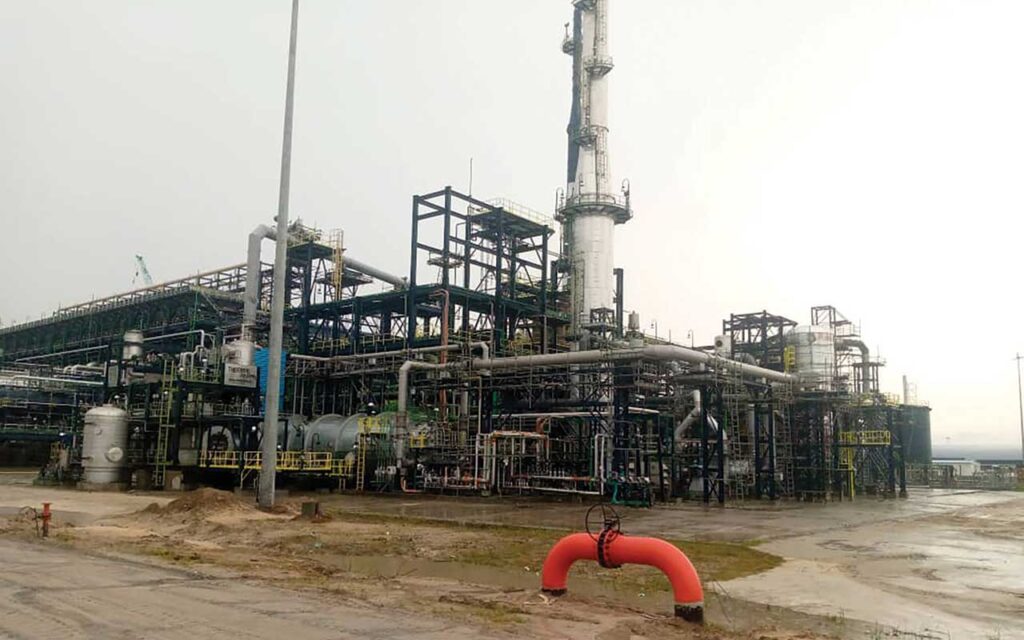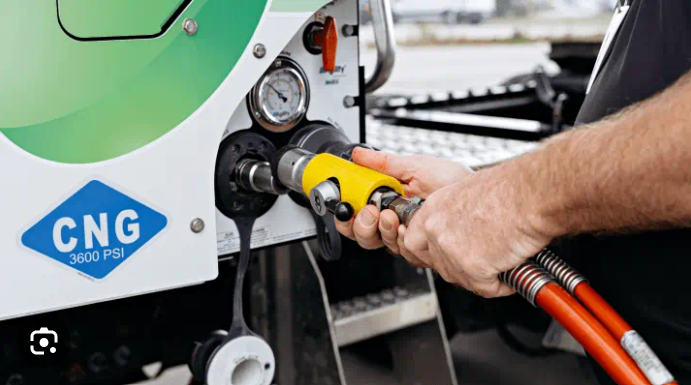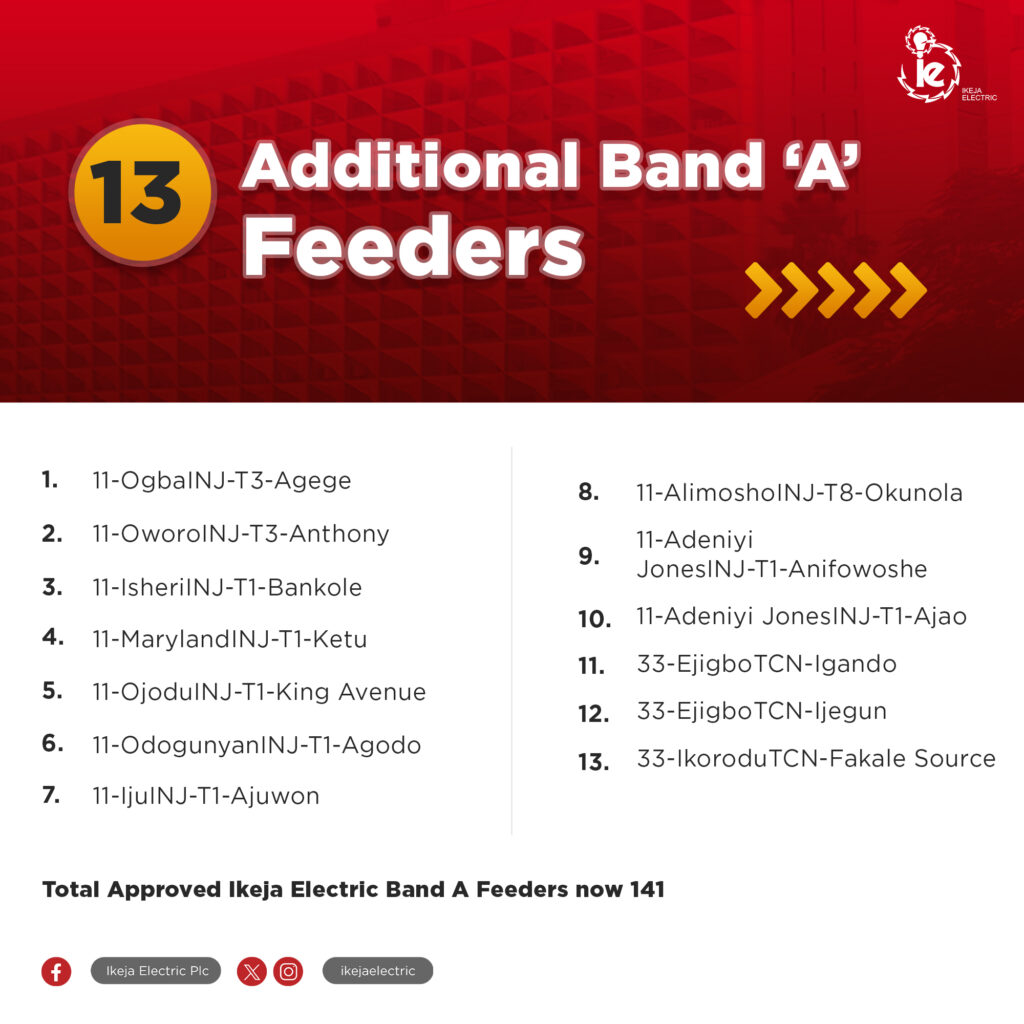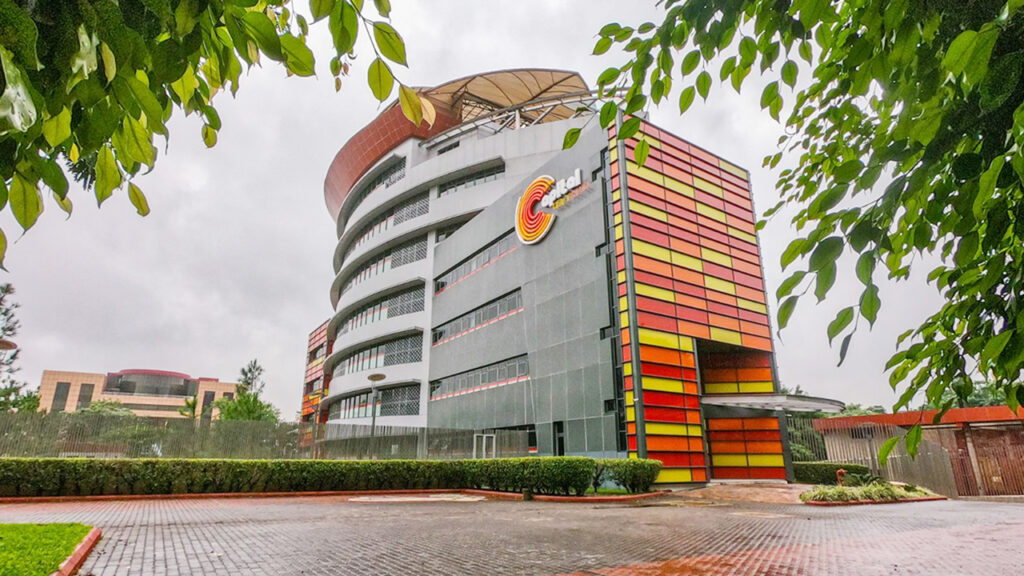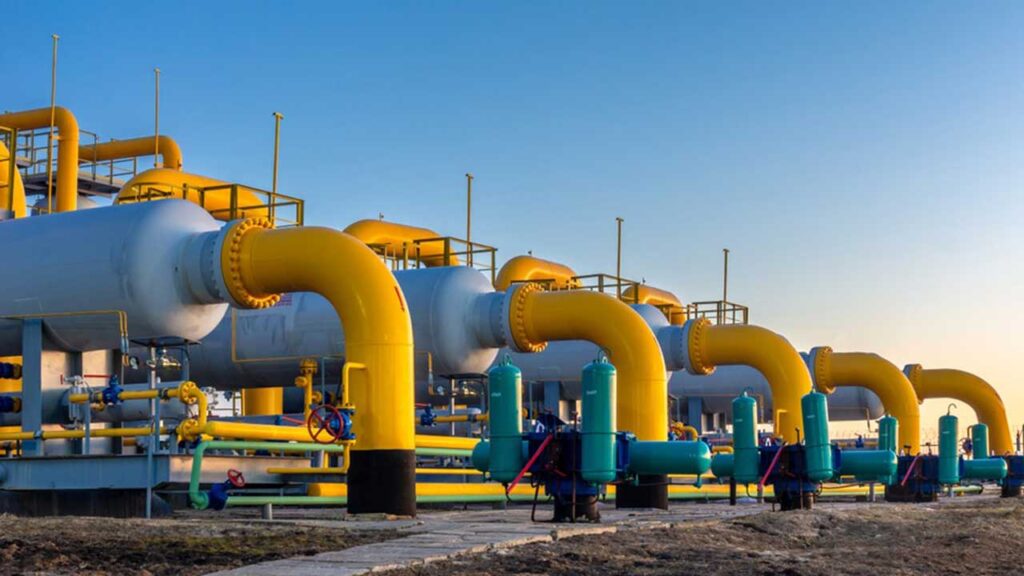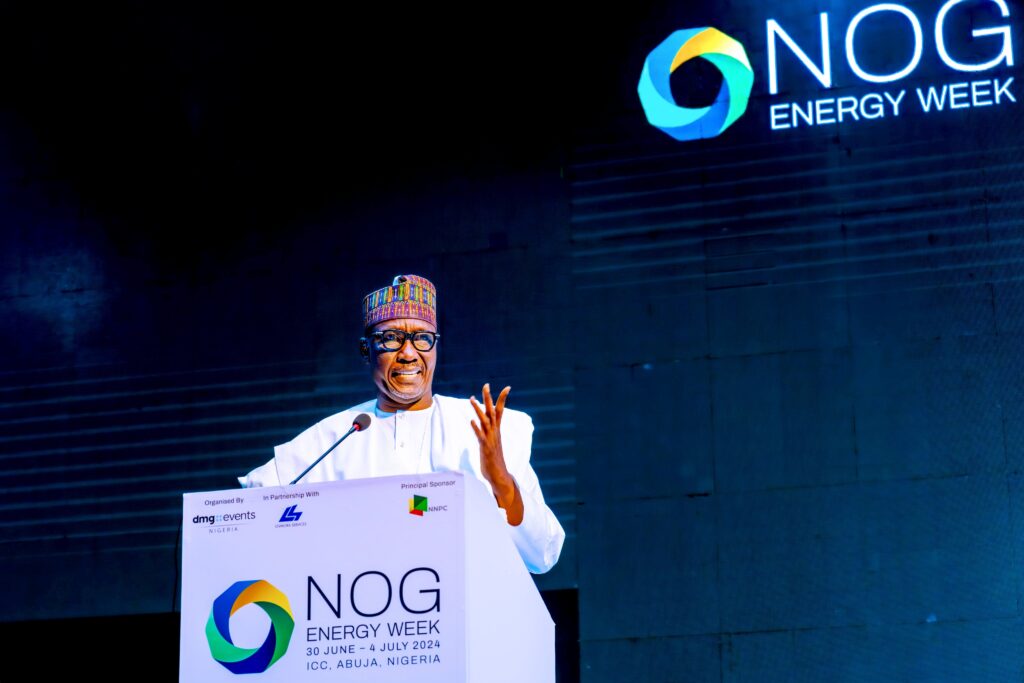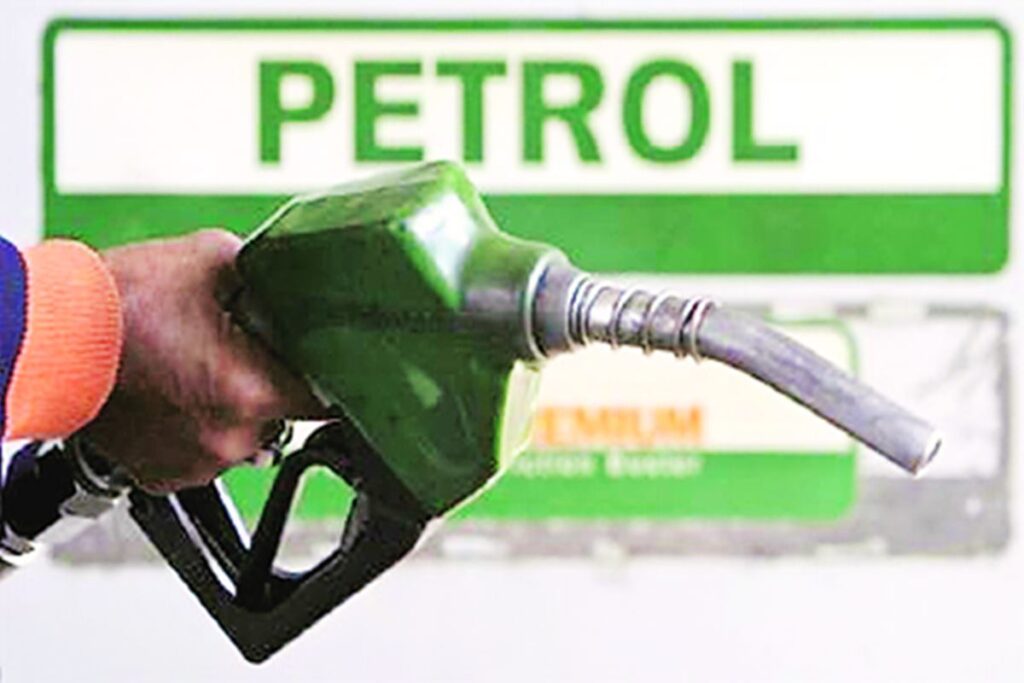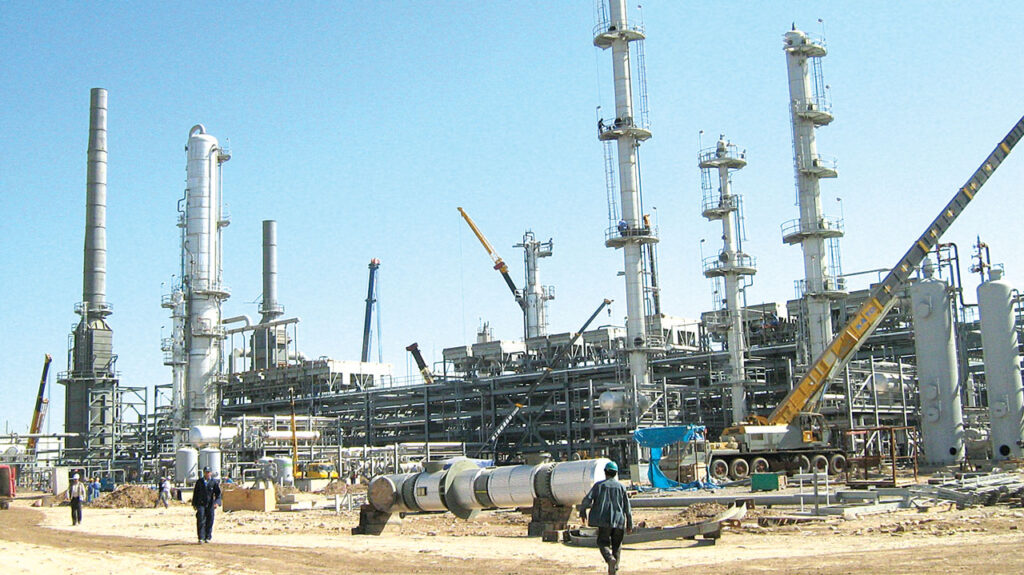Experts in the oil and gas sector have said the current regulated pricing of Premium Motor Spirit (PMS) in Nigeria, is significantly hindering private-sector refineries from adopting a cost-reflective approach.
They argued that this approach discourages investment in refining, infrastructure and technology, impacting the sector’s competitiveness and sustainability. Adding that controlled pricing also prevents private refineries from setting prices that reflect their production costs, they said this further undermines their ability to operate profitably and deters further investment in the sector.
Energy expert, Prof. Dayo Ayoade told The Guardian that controlled PMS pricing is part of the problems preventing investments in the refineries, adding that market pricing is still being controlled by the government despite the purported removal of subsidy.
Questioning how a private sector individual can establish a business if price controls prevent charging cost-reflective prices, he said, “Pricing is still regulated, although the president said subsidy is gone, is it truly gone? Over half a trillion naira has been spent on subsidies. If you expose the economy to full pricing of international markets, it will collapse because many people would not be able to afford to go to work or feed. There are so many things linked to the fuel price that we have to be careful about for economic growth,” he said.
He queried who would cover the margin, suggesting that this is where subsidies come into play.
He pointed out that while the government claims not to pay subsidies as they have been abused in the past with many individuals becoming extremely wealthy from subsidies alone; on the other hand, there is an economic and energy security risk when prices exceed affordability.
On his part, Kelvin Emmanuel said the government is not denying under-recovery for subsidy, stressing that the issue is acknowledging that the true north of PMS consumption is not greater than 35m litres daily, which informs what the government spends on subsidy between pump and landing prices.
He added that state-owned refineries are not working as the assets are moribund and not redeemable, urging the government to wind down, sell them off as scraps and invest in private commercial refiners.
“Critical points for equalising the heavy dependence on petroleum imports are to diversify port operations to the eastern region, support companies who want to beneficiate pig iron ore to steel for heavy-duty construction, ramp up crude oil for feedstock to refineries output that’s not encumbered by debt. Modular refineries do not produce PMS because they lack the catalytic reformer that can crack naphtha. They produce naphtha, however, which is the base component used in cracking PMS,” he said.

